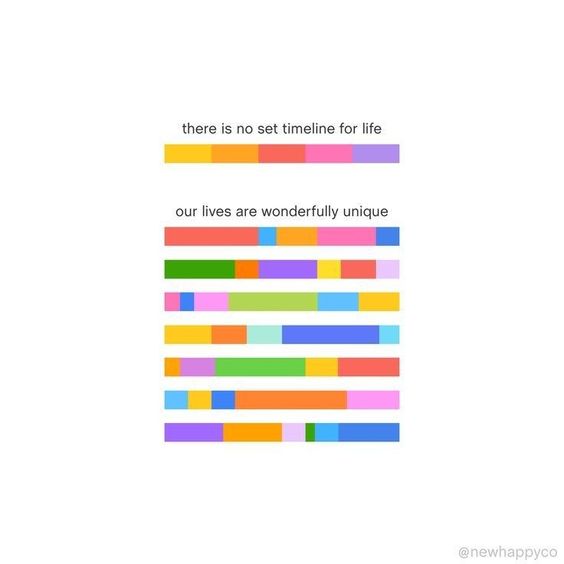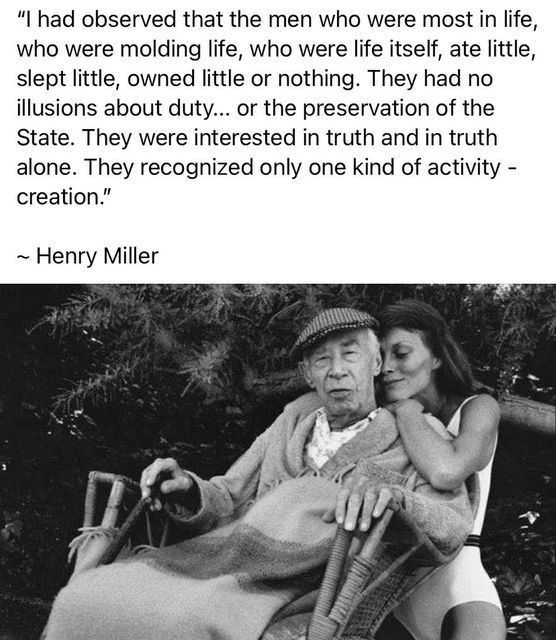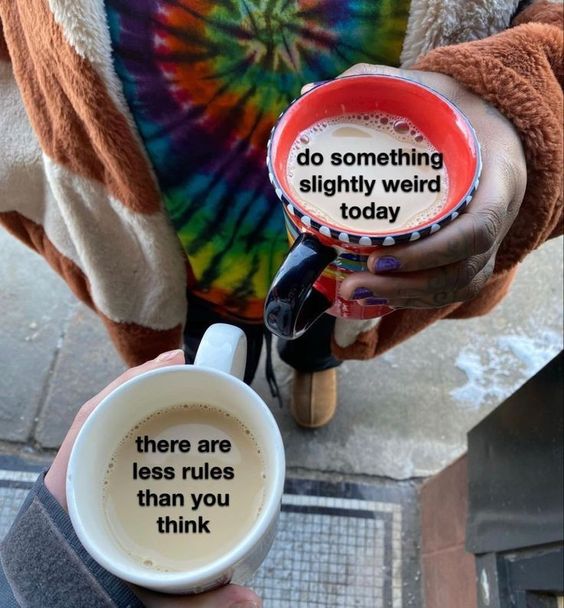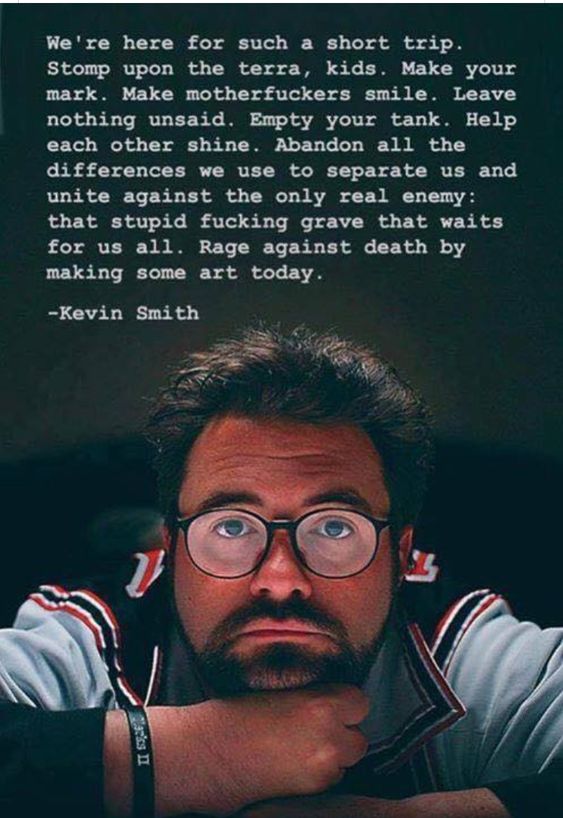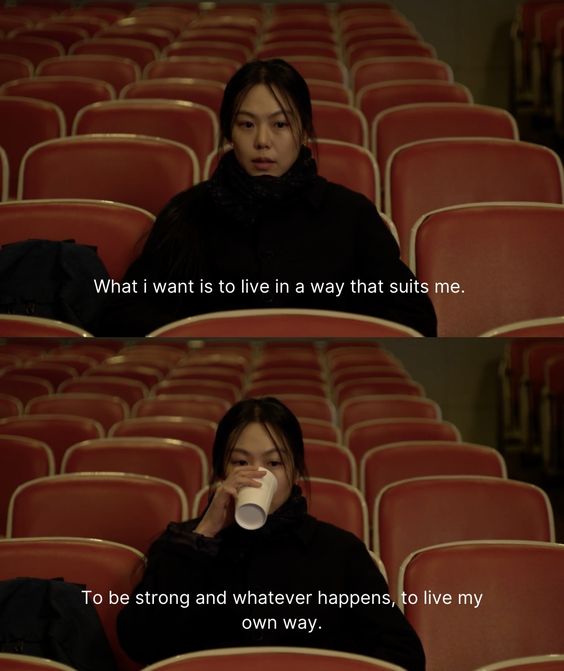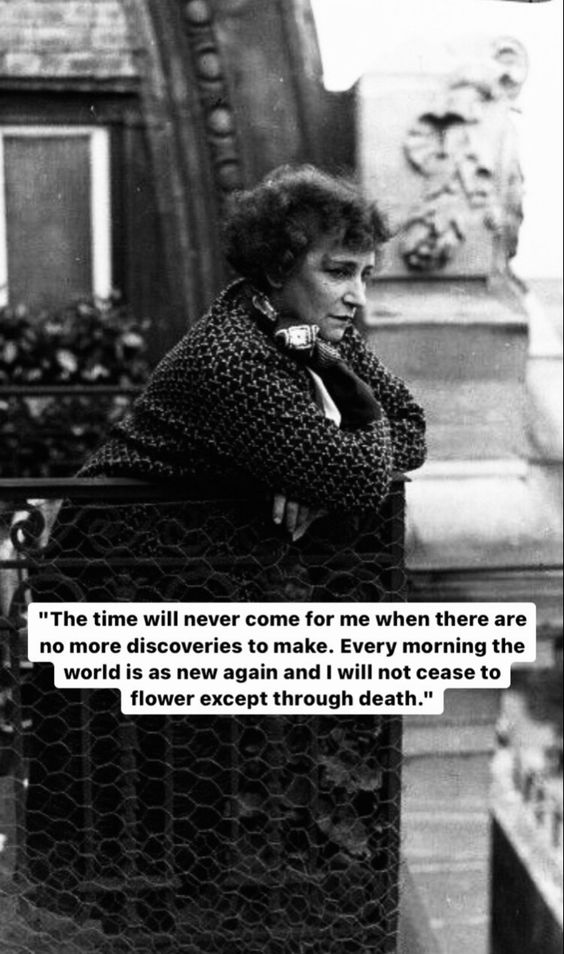“To fear love is to fear life, and those who fear life are already three-parts dead.”
Bertrand Russell, via The Midnight Library (Page 36)
“The universe tended towards chaos and entropy. That was basic thermodynamics. Maybe it was basic existence too.”
Matt Haig, The Midnight Library (Page 12)
The Midnight Library [Book]
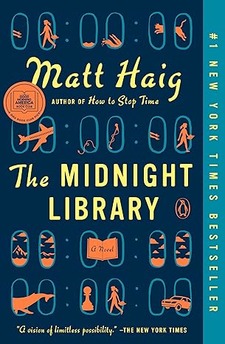
Book Overview: Somewhere out beyond the edge of the universe there is a library that contains an infinite number of books, each one the story of another reality. One tells the story of your life as it is, along with another book for the other life you could have lived if you had made a different choice at any point in your life. While we all wonder how our lives might have been, what if you had the chance to go to the library and see for yourself? Would any of these other lives truly be better? In The Midnight Library, Matt Haig’s enchanting blockbuster novel, Nora Seed finds herself faced with this decision. Faced with the possibility of changing her life for a new one, following a different career, undoing old breakups, realizing her dreams of becoming a glaciologist; she must search within herself as she travels through the Midnight Library to decide what is truly fulfilling in life, and what makes it worth living in the first place.
“Most of us are frightened of dying because we don’t know what it means to live. We don’t know how to live, therefore we don’t know how to die. As long as we are frightened of life we shall be frightened of death. The man who is not frightened of life is not frightened of being completely insecure for he understands that inwardly, physiologically, there is no security. When there is no security there is an endless movement and then life and death are the same. The man who lives without conflict, who lives with beauty and love, is not frightened of death because to love is to die.”
J. Krishnamurti, Freedom From The Known (Page 73)
“I beg you, to have patience with everything unresolved in your heart and to try to love the questions themselves as if they were locked rooms or books written in a very foreign language. Don’t search for the answers, which could not be given to you now, because you would not be able to live them. And the point is to live everything. Live the questions now. Perhaps then, someday far in the future, you will gradually, without even noticing it, live your way into the answer.”
Rainer Maria Rilke, Letters to a Young Poet
Freedom from the Known [Book]
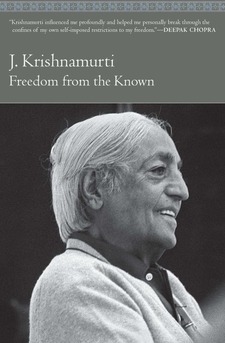
Book Overview: In this classic work, Krishnamurti shows how you can free yourself from the tyranny of the expected. You are free to create your own future, and your departure from the confining expectations of ‘fate’ can be radical and immediate—no matter what your age. By changing yourself, you can change your relationships with others, consequently improving the whole structure of society. The vital need for change and the recognition of its very possibility constitute the rich essence of Krishnamurti’s message in Freedom from the Known.
Post(s) Inspired by this Book:
“The most important things, each man must do for himself.”
Sheldon B. Kopp, If You Meet Buddha On The Road, Kill Him! (Page 224)
“My pilgrimage of repeated return to the sea will not end so long as I live. And now I know that I shall live, for as long as is given to me. And should my body be battered even more, then I will live as I can, enjoying what I might, having what joy is available to me, and being what I may to the people whom I love. I must continue my pilgrimage, for it is my only way of remaining open to this vision. It is to this end that I must struggle for the remainder of that pilgrimage that is my life.”
Sheldon B. Kopp, If You Meet Buddha On The Road, Kill Him! (Page 214)
“[A man] stands somewhere between absolute freedom on the one hand, and total helplessness on the other. All of his important decisions must be made on the basis of insufficient data. It is enough if a man accepts his freedom, takes his best shot, does what he can, faces the consequences of his acts, and makes no excuses. It may not be fair that a man gets to have total responsibility for his own life without total control over it, but it seems to me that for good or for bad, that’s just the way it is.”
Sheldon B. Kopp, If You Meet Buddha On The Road, Kill Him! (Page 194)
“The more you are in the head, the more the heart contracts. When you are not in the head, the heart opens like a lotus flower… and it is tremendously beautiful when it opens. Then you are really alive, and the heart is relaxed. But the heart can only be relaxed in trust, in love. With suspicion, with doubt, the mind enters. Doubt is the door of the mind; doubt is the bait for the mind.”
Osho, Everyday Osho (Page 117)
“What makes life worth living? No child asks itself that question. To children life is self-evident. Life goes without saying: whether it is good or bad makes no difference. This is because children don’t see the world, don’t observe the world, don’t contemplate the world, but are so deeply immersed in the world that they don’t distinguish between it and their own selves.”
Karl Ove Knausgard, Autumn
“The reason creativity wilts inside of us like a vase full of snipped wildflowers is the very same reason love fades. Somewhere along the line, we stop noticing. We can never stop noticing. The moment we stop noticing, we might as well be dead. We’re alive and breathing but we feel nothing at all. Creativity and love dies when we feel nothing at all. And so we notice so we we can feel because, in the words of Klinkenborg, noticing means thinking with all your senses.”
Cole Schafer
